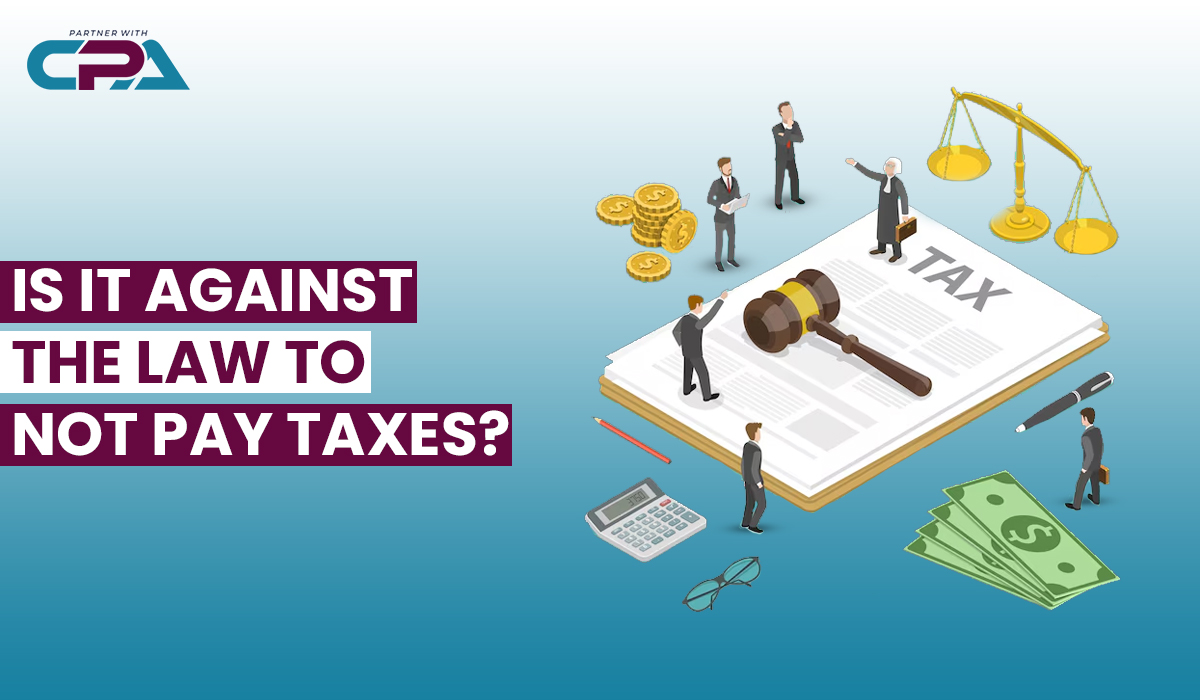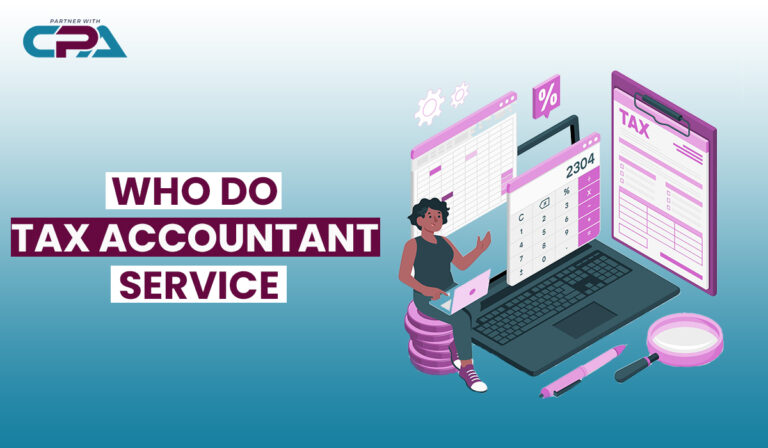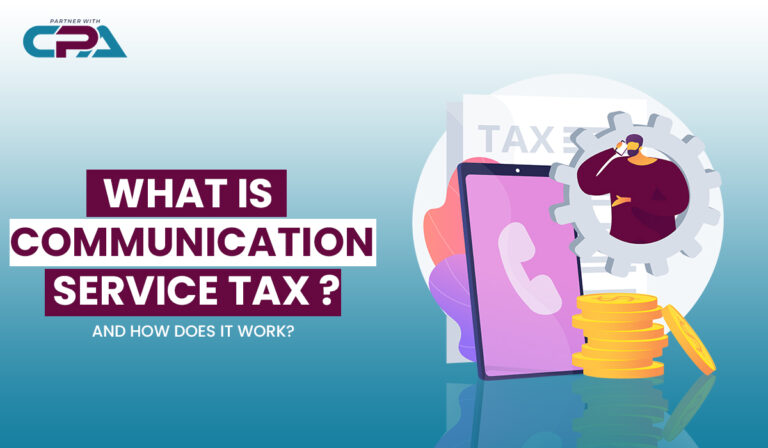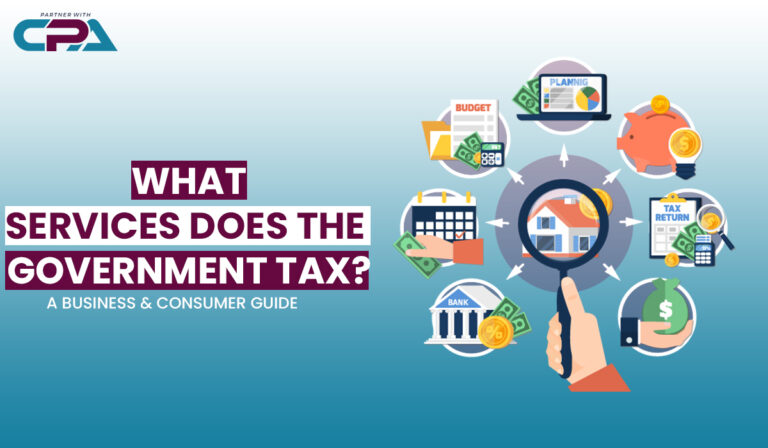Is It Against the Law to Not Pay Taxes?

Taxes are a fundamental part of a functioning society. They fund public services such as education, infrastructure, healthcare, and defense. However, many people wonder: Is it against the law to not pay taxes? The short answer is yes, failing to pay taxes can have serious legal consequences. Let’s break down what happens when someone doesn’t pay taxes and the legal implications surrounding tax evasion.
The Legal Obligation to Pay Taxes
In the United States, tax laws are established under the Internal Revenue Code (IRC), which mandates individuals and businesses to report their income and pay taxes accordingly. The Internal Revenue Service (IRS) is the federal agency responsible for collecting taxes and enforcing tax laws.
Under federal law, taxpayers must:
- File annual tax returns if their income meets the filing threshold.
- Accurately report all sources of income, including wages, self-employment earnings, investments, and rental income.
- Pay taxes owed by the deadline, usually April 15th of each year.
Failure to comply with these obligations can result in penalties, interest, and even legal action.
Tax Evasion vs. Tax Avoidance
It is important to distinguish between tax evasion and tax avoidance:
- Tax avoidance is the legal practice of reducing tax liability through deductions, credits, exemptions, and strategic financial planning. This includes contributing to retirement accounts, claiming business expenses, and using tax incentives.
- Tax evasion is the illegal act of deliberately failing to report income, underreporting income, claiming false deductions, or not filing a tax return to avoid paying taxes.
While tax avoidance is a legitimate financial strategy, tax evasion is a criminal offense that carries severe penalties.
What Happens If You Don’t Pay Taxes?
Failing to pay taxes can result in various consequences, including financial penalties, legal actions, and potential criminal charges.
1. Penalties and Interest
- The failure-to-file penalty is typically 5% of the unpaid taxes for each month the return is late, up to 25% of the total tax due.
- The failure-to-pay penalty is 0.5% of unpaid taxes per month, also up to 25%.
- Interest charges accrue on unpaid taxes and penalties, increasing the overall debt over time.
2. IRS Notices and Collection Actions
The IRS will send multiple notices before taking further action. If taxes remain unpaid, the IRS may initiate collection procedures, such as:
- Tax liens – The IRS can place a legal claim on your property, affecting your ability to sell or refinance.
- Tax levies – The IRS can seize bank accounts, wages, or other assets to satisfy unpaid tax debt.
- Garnishment of wages – A portion of your income may be withheld and sent directly to the IRS.
3. Wage Garnishment and Bank Account Seizure
The IRS can garnish wages or seize funds directly from bank accounts to recover unpaid taxes. This can have a significant financial impact and make it difficult to cover everyday expenses.
4. Criminal Charges and Jail Time
In extreme cases, individuals who intentionally evade taxes may face criminal prosecution. Consequences can include:
- Fines up to $250,000 for individuals and $500,000 for corporations.
- Prison sentences of up to five years for tax evasion.
- A criminal record that can impact future employment and financial opportunities.
Notable tax evasion cases include high-profile individuals such as Al Capone, who was convicted of tax evasion in 1931 and sentenced to 11 years in prison.
Can You Go to Jail for Not Paying Taxes?
While failure to pay taxes alone does not usually result in jail time, deliberately refusing to file tax returns, falsifying information, or concealing income can lead to criminal charges. The IRS typically prioritizes cases involving large amounts of unpaid taxes or fraudulent activities.
How to Resolve Unpaid Taxes
If you owe taxes but cannot pay the full amount, there are several options available to avoid severe penalties:
- Installment Agreements – The IRS allows taxpayers to set up a payment plan to pay off their debt over time.
- Offer in Compromise (OIC) – Some taxpayers may qualify to settle their tax debt for less than the full amount owed.
- Requesting a Hardship Status – If facing financial difficulties, taxpayers can request temporary relief from tax payments.
- Penalty Abatement – Taxpayers may request a waiver of penalties in cases of reasonable cause.
How to Avoid Tax Issues in the Future
To prevent future tax problems, consider the following strategies:
- Keep accurate financial records of income, expenses, and deductions.
- File tax returns on time, even if you cannot pay the full amount.
- Set aside money for taxes, especially if self-employed.
- Seek professional tax advice for compliance and planning strategies.
- Respond promptly to IRS notices and address any discrepancies.
Conclusion
So, is it against the law to not pay taxes? Yes, failing to pay taxes is illegal and can lead to significant financial, legal, and even criminal consequences. While tax avoidance through legal deductions and credits is acceptable, tax evasion is a punishable offense. If you are struggling with tax payments, it is best to contact the IRS or a tax professional to explore options and avoid severe penalties. Staying compliant with tax laws helps avoid unnecessary stress and legal trouble in the long run.

I’m Qaisar Umar, a Digital Marketing Expert, Web Designer, and Growth Strategist with experience ranking 90+ brands and working with 200+ international clients. I’m SEMrush certified and trained by iSkills, specializing in SEO, web design, and growth strategies to help businesses scale online.
Passionate about technology and ranking tactics, I stay ahead of trends to drive real results. Whether it’s boosting visibility, improving engagement, or growing a brand, I focus on strategies that work.



